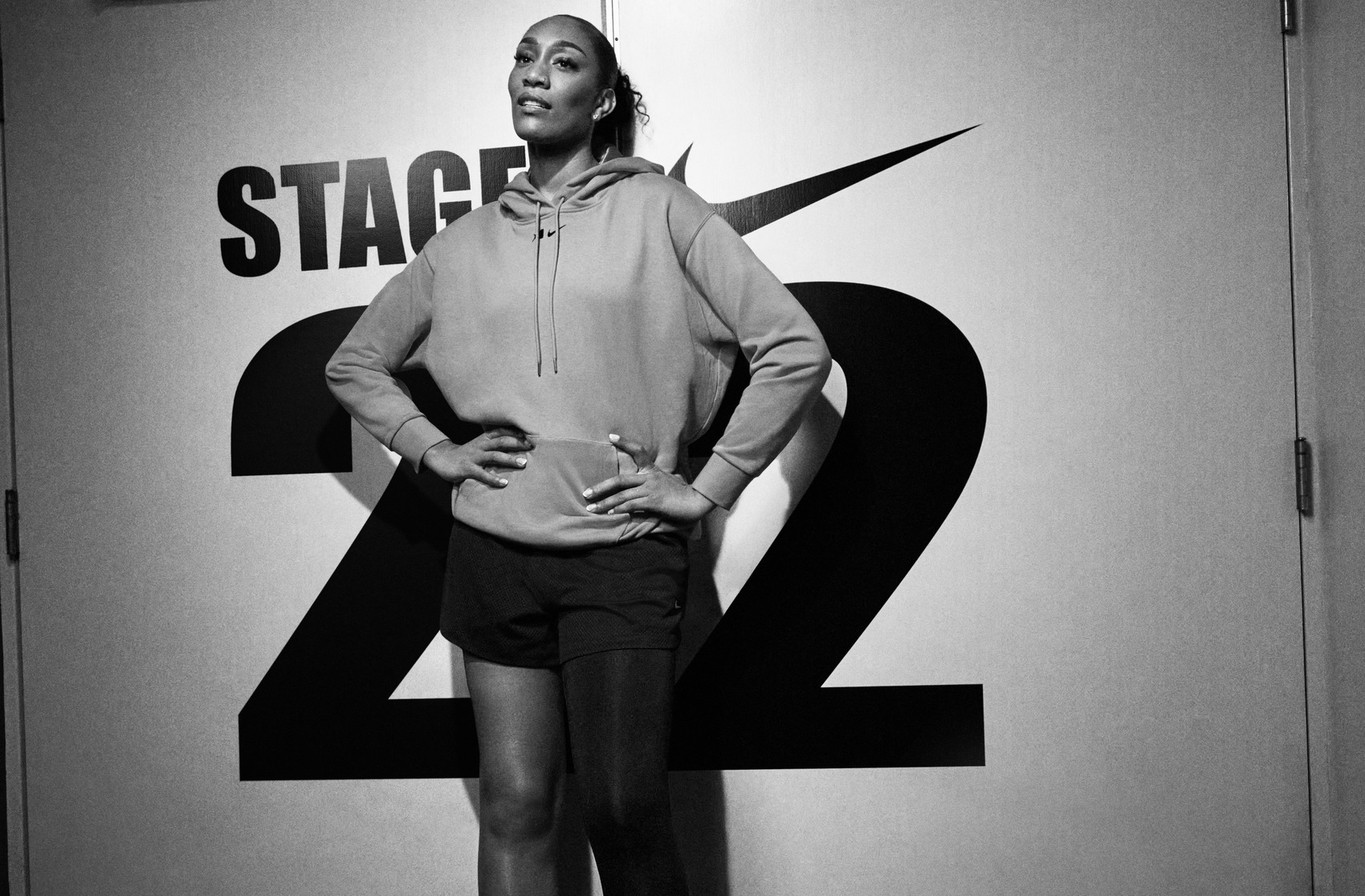
Brands must pivot from SEO to AI visibility, with news and authority signals leading the way.
Forget SEO tricks and keyword stuffing. In the AI era, news coverage has become the true measure of brand credibility. Platforms like ChatGPT, Gemini, Claude, and Perplexity no longer draw answers from random blogs or low-quality sites. Instead, they rely on trusted newsrooms, encyclopaedic repositories, and even community forums like Reddit, where discussions provide additional context that AI systems increasingly reference.
That shift was the focus of a recent webinar, “AI for PR: Winning AI Searches”, led by Manminder Kaur Dhillon, founder of Supernewsroom.AI. She noted that mentions in credible outlets such as Reuters, AP, and BBC — the very sources AI platforms reference most.
One of the most striking insights shared during the webinar was the rapid rise of news citations in AI outputs. In early 2024, only about 9% of AI-generated citations came from news publishers1. By mid-2025, this figure had nearly tripled to 27%, underscoring the centrality of journalism in powering generative answers2.
The Shift from SEO to Authority Signals
For decades, brands focused on Search Engine Optimisation (SEO), mastering keywords, backlinks, and page rankings to ensure visibility on Google. But as Dhillon explained, Generative Engine Optimisation (GEO) is now emerging as the new frontier. Rather than ranking webpages, AI systems surface citations — pulling content from sources they trust to answer user queries.
These authority signals include:
- High Authority News Media (Reuters, AP, BBC, Financial Times)
- Encyclopaedic Repositories (Wikipedia, Britannica)
- Community Forums & Social Platforms (Reddit, Stack Overflow, Quora — context-rich, though lower on credibility)
- Government and Institutional Data (WHO, UN, OECD, World Bank)
- Academic Research (peer-reviewed journals, arXiv, university reports)
- Thought Leadership Content (whitepapers, executive blogs, industry reports)
- Podcasts & YouTube (expert interviews, verified channels, conference recordings)
“Search once revolved around backlinks and keywords. Now, AI visibility is governed by trust signals — what the model deems authoritative enough to cite,” said Dhillon. “It’s not enough to optimise for Google anymore. Brands must be present in the news, in encyclopaedias like Wikipedia, and in trusted expert-driven platforms if they want AI to recognise them.”
News as the Cornerstone of AI Citations
Leading outlets dominate this space. Reuters accounts for more than one-fifth of ChatGPT’s news citations, while the Associated Press, Financial Times, BBC, Time, and Forbes regularly appear among the most-cited domains3. Encyclopaedic sources such as Wikipedia also remain highly influential, often serving as a baseline for factual grounding4.
The implications for brands are profound. Traditional advertising or SEO-driven content is unlikely to surface unless it appears within these trusted, high-authority sources. Brands that fail to secure coverage in respected outlets risk being invisible in AI-powered search results.
Different Models, Different Behaviours
The webinar also explored how leading AI platforms differ in their use of authority signals:
- ChatGPT (OpenAI) – heavily favours mainstream journalism, especially Reuters, AP, and the Financial Times. Around 56% of its news citations are less than a year old, highlighting its emphasis on recency and credibility3.
- Gemini (Google) – mixes journalism with user-generated content like Reddit threads and YouTube transcripts5, providing a broader but less consistently authoritative set of references.
- Claude (Anthropic) – uses news less frequently, instead citing editorial or niche outlets such as TechRadar or Harvard Business Review5.
- Perplexity – provides the widest range of sources, drawing from over 1,400 distinct news domains, though no single outlet dominates2.
These differences suggest that brands need a multi-pronged strategy: aligning with traditional news outlets to gain traction in ChatGPT, while also engaging with encyclopaedic, multimedia, and community sources to remain visible in Gemini and Perplexity.
Rethinking Brand Strategy for AI Visibility
Dhillon stressed that the shift represents a fundamental challenge — and opportunity — for brands.
“Getting cited by AI is the new credibility,” she said. “News, Wikipedia, podcasts, Reddit threads, research, and institutional reports are the signals AI trusts. Brands that want to stay relevant must start thinking like sources, not just marketers.”
Dhillon urged brands to:
- Prioritise News Visibility – Secure placements in outlets trusted by AI engines, from global wires like Reuters to local and niche publishers.
- Strengthen Thought Leadership – Publish whitepapers, op-eds, and expert commentary that AI systems can treat as credible signals.
- Leverage Wikipedia and Encyclopaedic Sources – Maintain accurate, up-to-date brand and executive profiles on Wikipedia, which remains one of the most cited repositories4.
- Engage with Reddit and Community Platforms – Participate actively in expert communities where peer-to-peer validation is cited by AI as context-rich evidence5.
- Expand into Podcasts and YouTube – Ensure expert voices and brand narratives are captured in transcribed, verifiable content on popular platforms, which Gemini and Perplexity increasingly pull into their answers5.
- Optimise for GEO – Structure content with clarity, transparency, and citations that align with AI systems’ retrieval patterns.
“We are watching the rules of visibility being rewritten. AI doesn’t reward keywords the way search engines did — it rewards authority. The question for brands now is whether they are creating signals that AI will trust and surface,” said Dhillon.
The webinar drew communications leaders, publishers, and business executives eager to understand the new dynamics of discovery in an AI-first world, where these platforms have become the gatekeepers of information. The message was clear: in a generative AI landscape, visibility is no longer defined by keywords and backlinks — it is determined by trust signals, with news at the centre of that ecosystem.
For more information about Supernewsroom.AI, please visit www.supernewsroom.ai.
The press release provided by Supernewsroom.AI.




